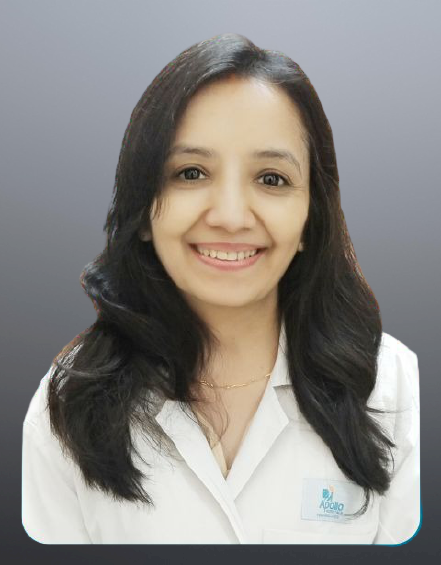Best Doctors for Nystagmus in Indore
Nystagmus is a visual condition characterised by involuntary, rapid, and repeating movements of the eyes. It is categorised into two main types, congenital and acquired. Congenital nystagmus often appears in infants between six weeks and three months of age and is usually inherited. On the other hand, acquired nystagmus develops later in life, mostly in adults, due to significant medical conditions, drug or alcohol misuse, or traumatic head injuries.
Apollo Hospitals in Indore provides expert care through their dedicated team of doctors and specialists adept at treating Nystagmus. They are recognised as some of the best doctors for Nystagmus treatment in the city.






 Call Now
Call Now


